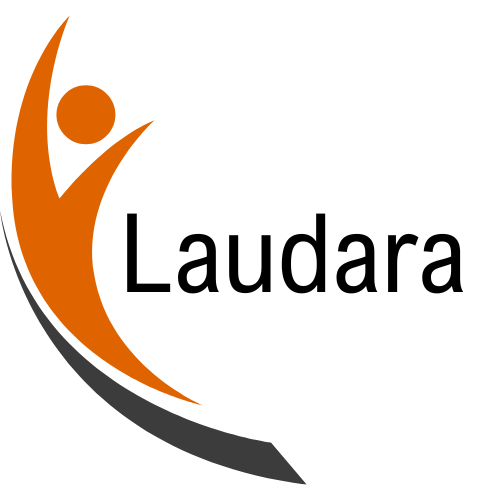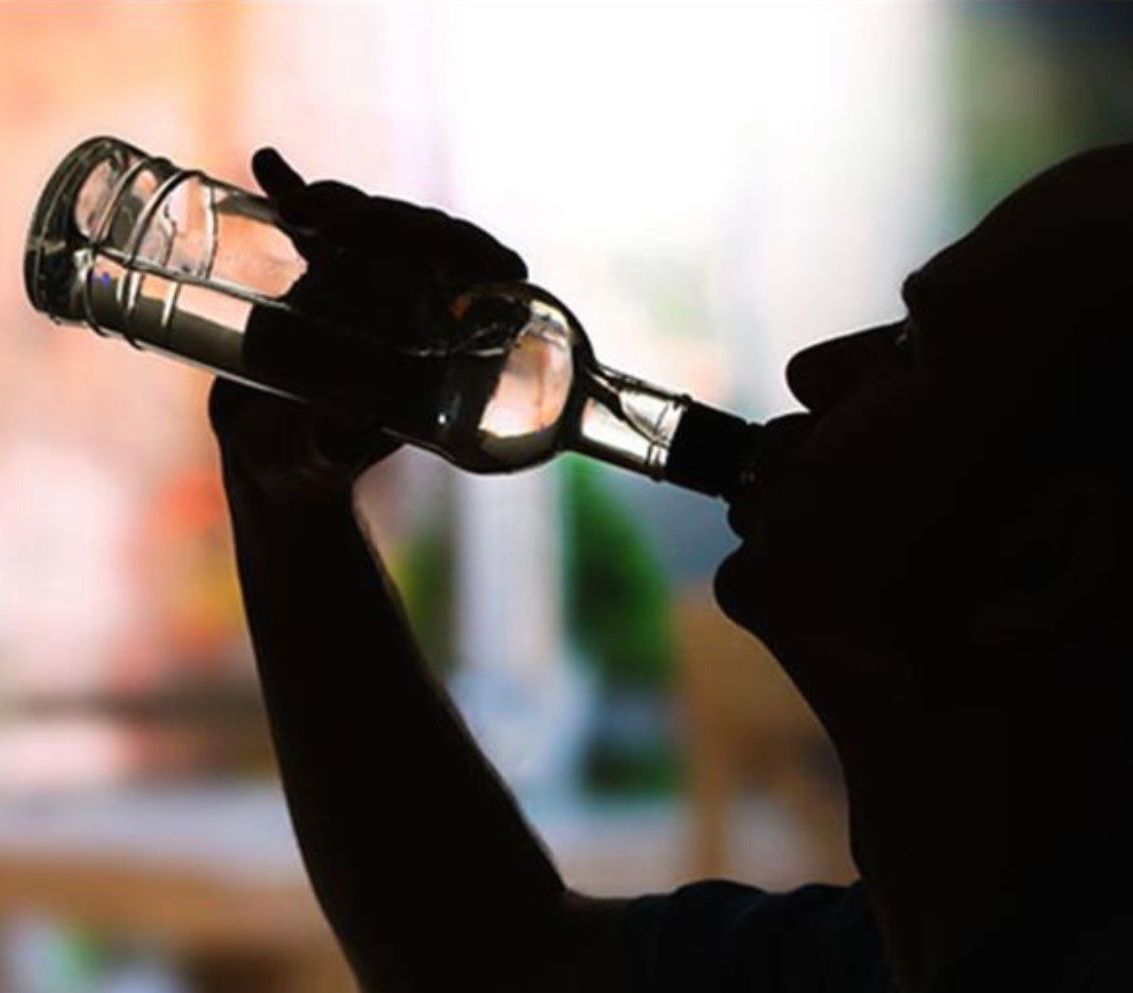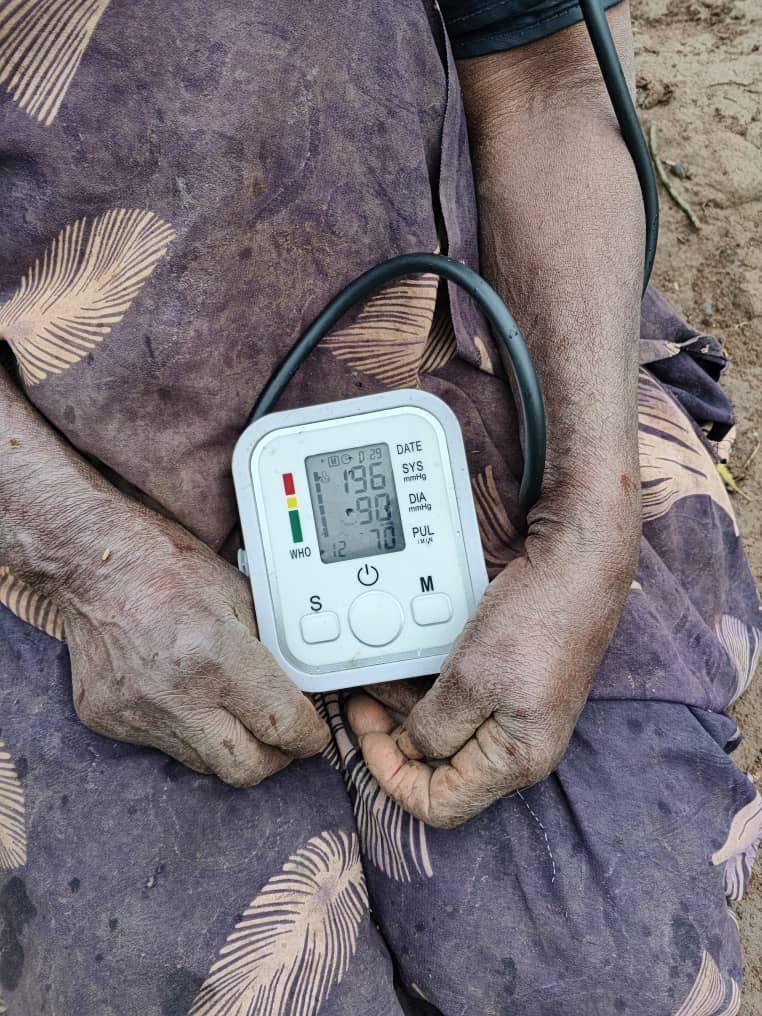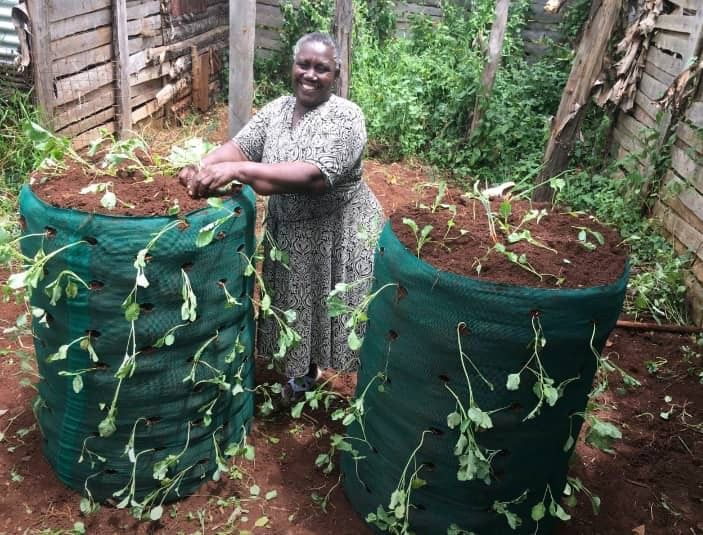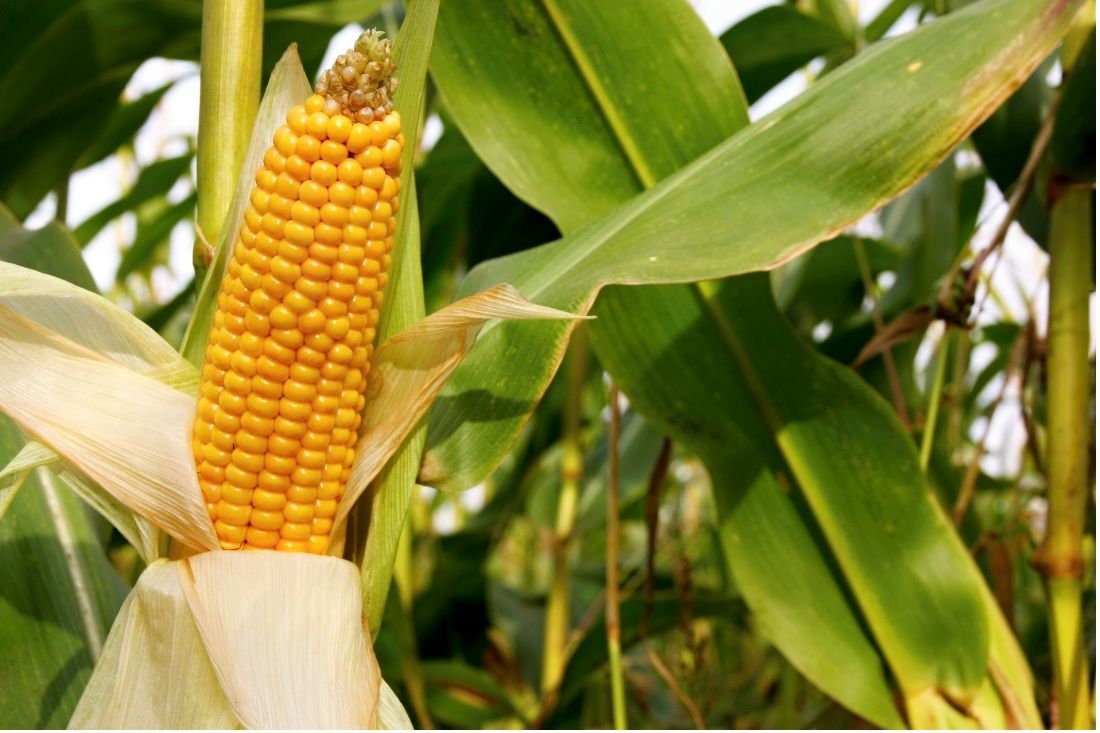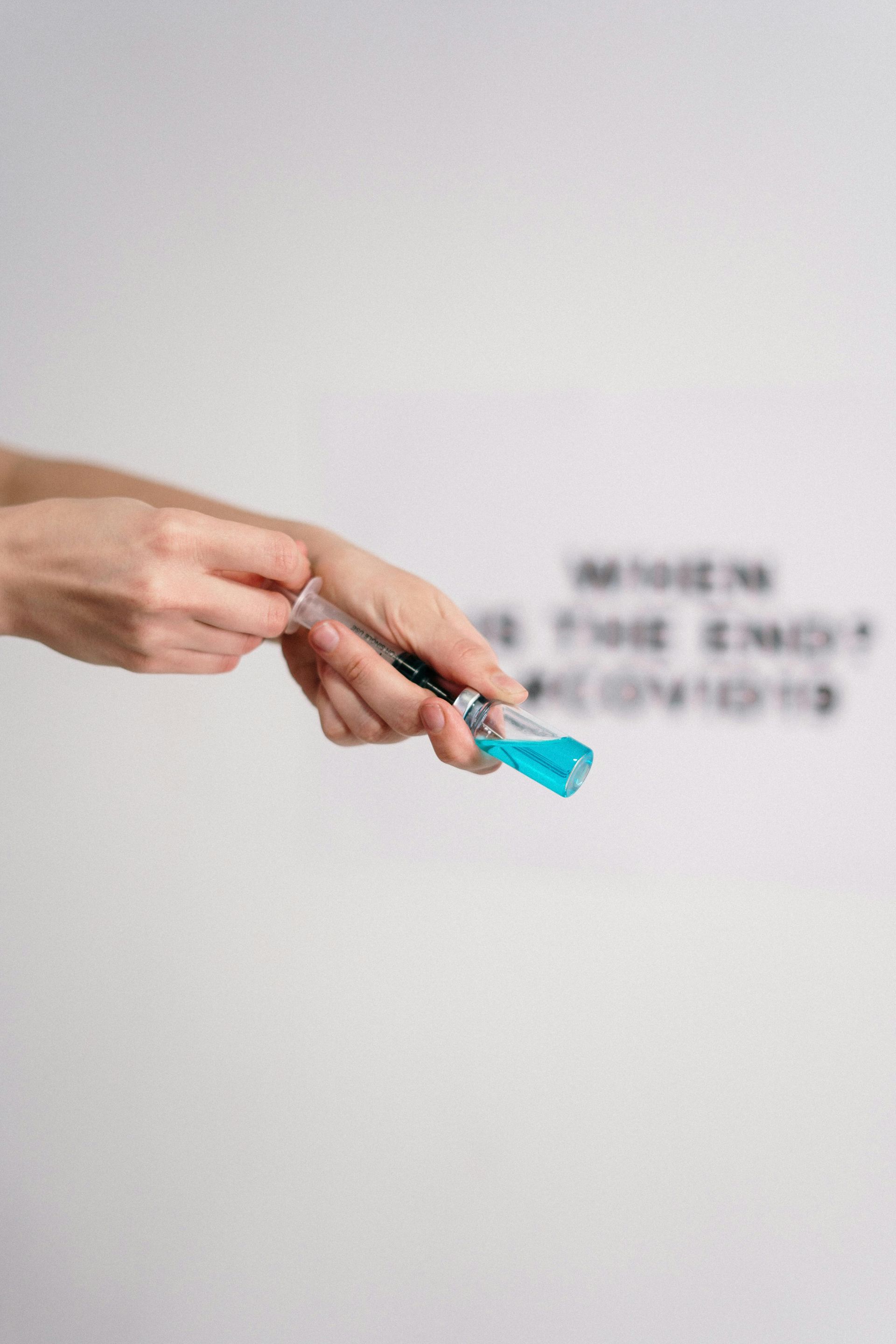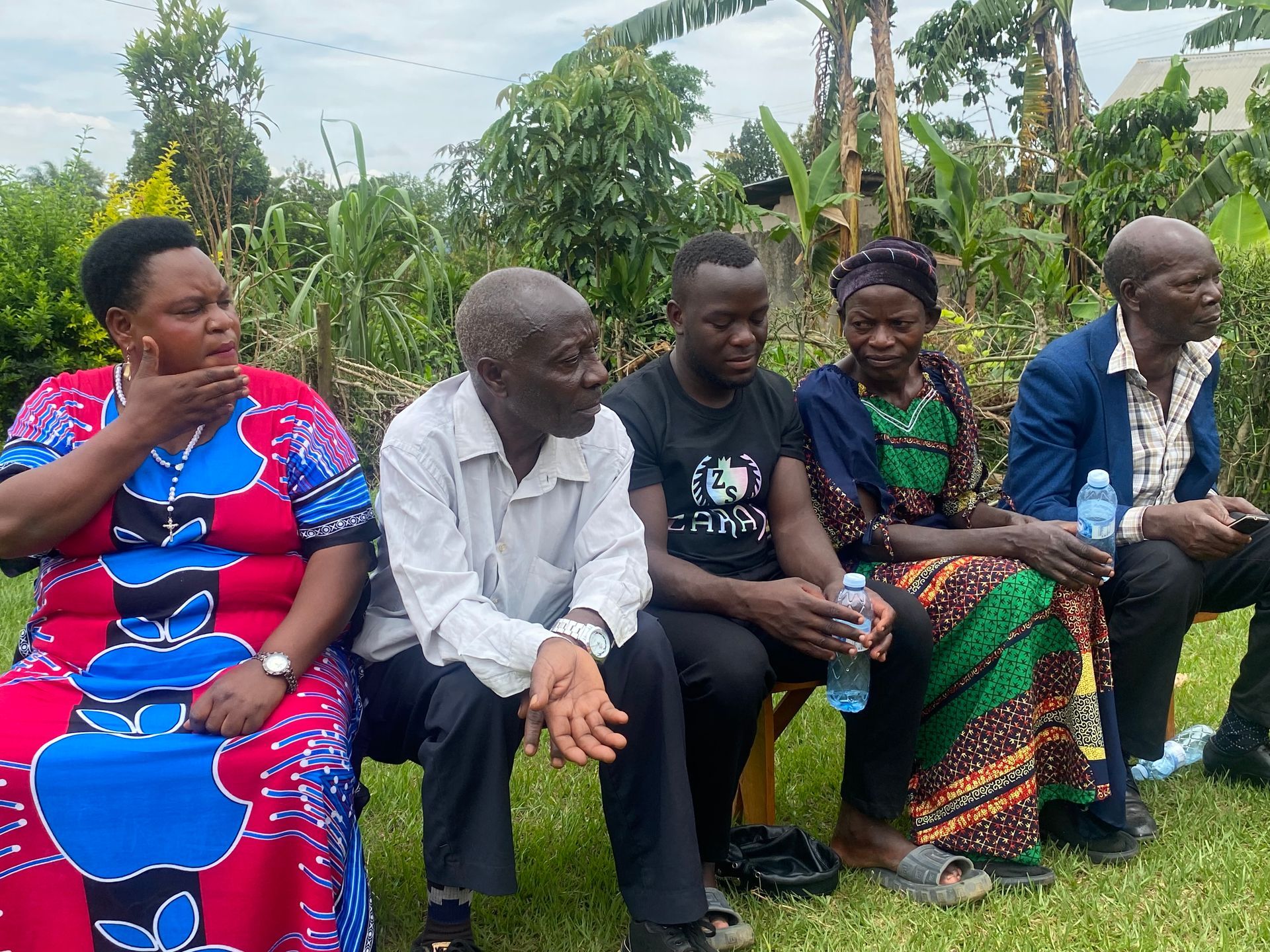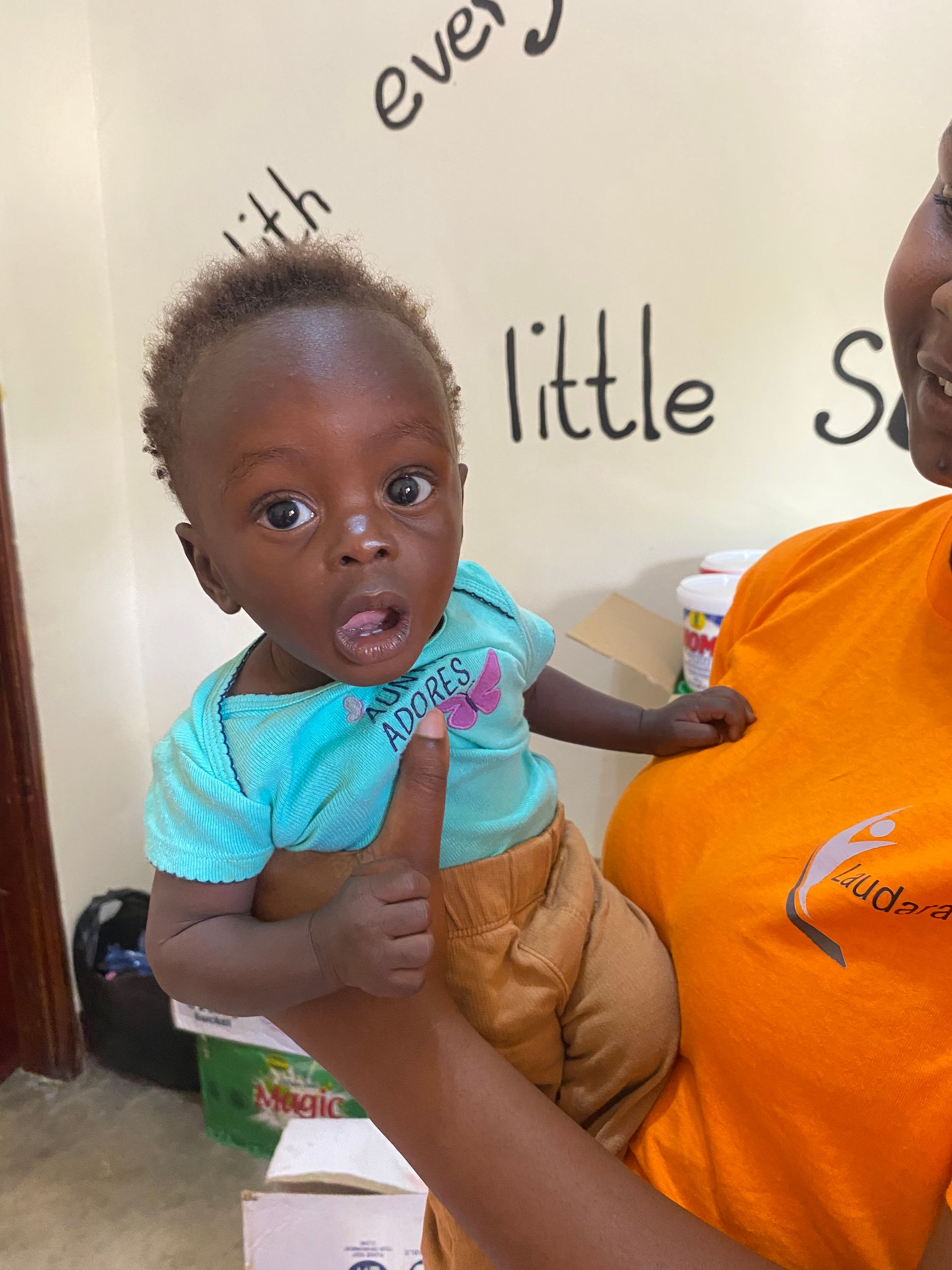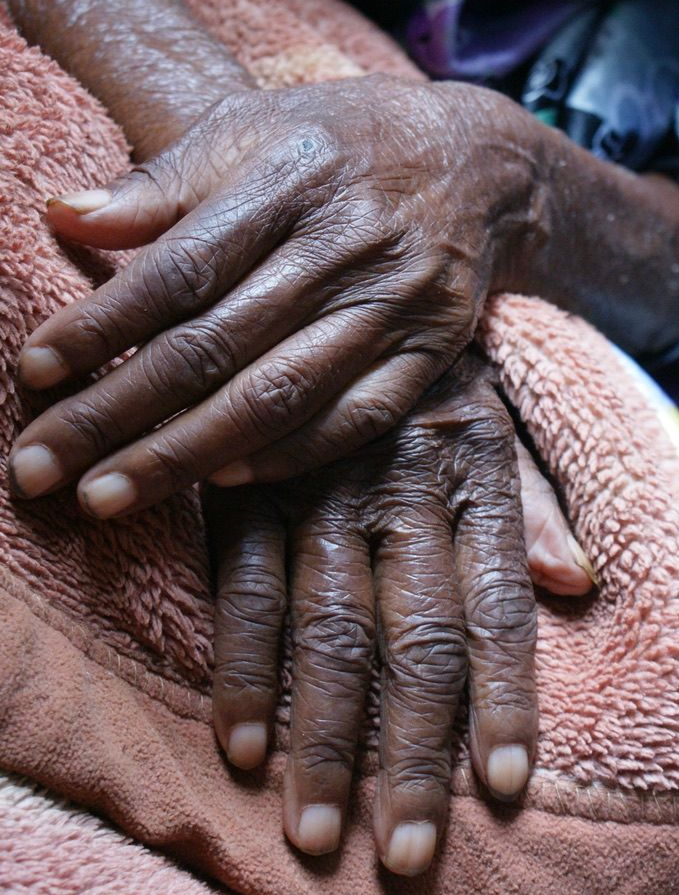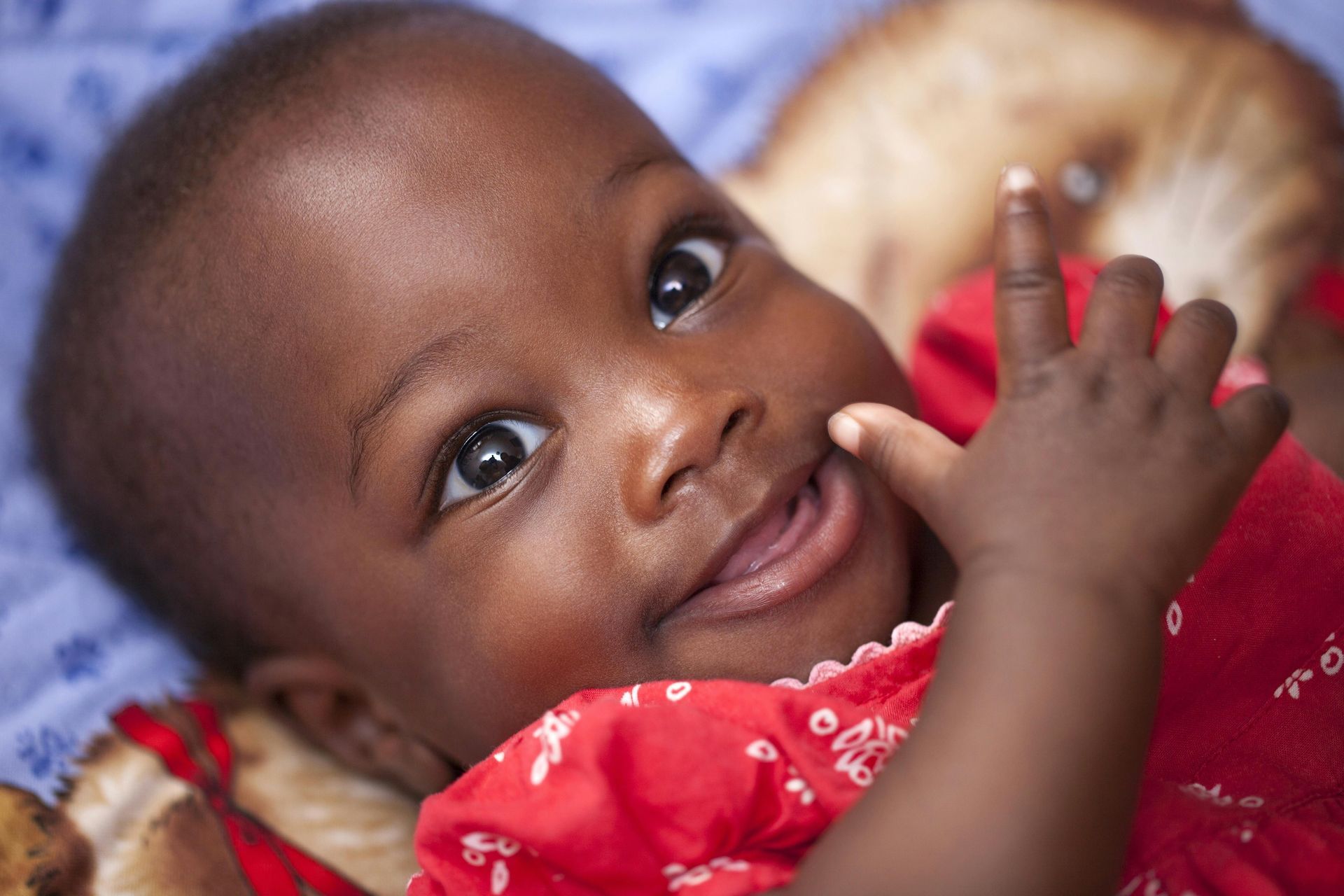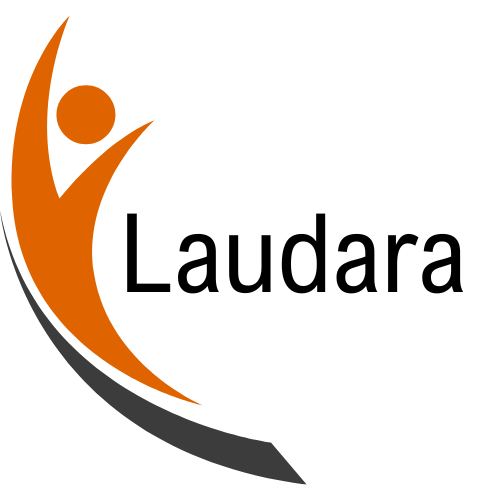For many, Christmas is a joyful time spent with family and loved ones. However, in the rural communities of Uganda, this festive season often reveals a darker side. Poverty, unemployment, and boredom drive alcohol consumption as a coping mechanism or form of entertainment, and this tendency becomes even more pronounced during the holiday season.
Alcohol consumption
A recent report by the WHO indicates that Uganda has the highest alcohol consumption rates in Africa. Titled “World health statistics 2023: Monitoring health for the SDGs,” the report highlights alarming statistics: approximately 33% of the rural population consumes alcohol, with 17% engaging in medium to high levels of consumption. On average, Ugandans consume 12.21 liters of alcohol per capita annually, significantly higher than the African average of 6.3 liters. Men consume about 19.93 liters of pure alcohol each year, while women average only 4.88 liters. This disparity reflects the cultural and social dynamics surrounding alcohol use in Uganda. The consequences of excessive alcohol consumption are severe, contributing to increased poverty, health issues, domestic violence, and neglect—often diverting funds meant for children's education into local bars instead.
Waragi
Urine Use
Among other treatment It is crucial to administer immediately glucose to restore normal blood sugar levels and prevent death.
In some instances, when individuals become comatose due to alcohol abuse, a local tradition involves administering urine from pregnant or elderly women—who may have glyciosuria or glucose in their urine—hoping to restore normal blood sugar levels. However, this practice poses significant health risks; urine contains waste products such as salts and ammonia that the body expels and often contains bacteria that can lead to infections.
Future
The Ndegeya Community Clinic is working tirelessly to provide care and support for patients struggling with alcohol abuse. However, caring for patients alone is insufficient; a collaborative effort is needed that encompasses education, policy reform, community engagement, and accessible treatment options.
The local government backs the national Alcoholic Drinks Control Bill aimed at limiting licenses issued and regulating selling hours. Additionally, prevention efforts must focus on awareness campaigns that educate the community about the dangers of excessive alcohol consumption while addressing its root causes.
However at Laudara, we believe that tackling alcohol abuse requires a broader and more comprehensive approach. Simply knowing that alcohol is harmful is not enough to drive change. To truly make an impact, communities must become healthier, better educated, and self-sustainable by creating opportunities for employment and income generation.
Only by providing individuals with viable alternatives for improving their lives can we elevate them from their current circumstances and pave the way for a brighter, happier future.
